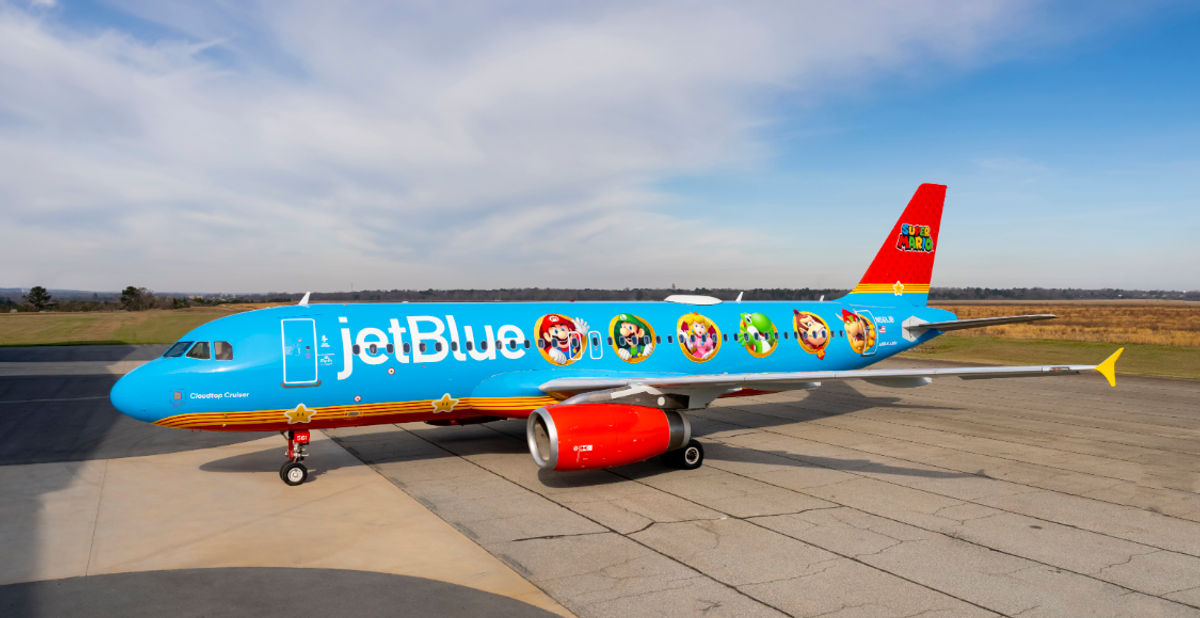by Brian Major
Last updated: 8:15 AM ET, Fri March 14, 2025
Mexico’s cruise industry could face significant disruption as time runs short for the country’s government to address cruise operators’ concerns regarding the upcoming $42 immigration passenger fee.
Mexican government officials delayed implementation of the fee in December, changing the effective date from January 1 to July 1. The fee stems from Mexican legislation that shifts cruise passengers’ status to a classification akin to airline travelers, said Michele Paige, CEO of the Florida-Caribbean Cruise Association (FCCA).
Paige believes intra-government changes may have influenced the removal of cruising’s in-transit tax exemption, which she said was implemented more than 10 years ago “for valid reasons that still apply today.”
The fee was announced “without [cruise lines’] prior input” after new legislation was passed, Paige said, adding that cruise lines had planned to increase Mexico deployment but “now the opposite will occur.”
In an interview with TravelPulse, Paige, whose group represents 19 cruise lines operating more than 100 ships in Florida, Caribbean and Latin American waters, outlined the impact the fee is likely to have on cruise operations in Mexico.
TP: Firstly, what Mexico is planning to enact is not a new passenger head tax, correct?
MP: It’s not a tax. What they’re doing is reforming our in-transit status and treating [cruisers] like they’re airline passengers. I don't think anybody who knows the cruise industry would debate that our [passengers] are in transit.
TP: You said cruise line officials learned of the status change in news reports rather than directly from Mexican officials. How has that impacted negotiations?
MP: I believe that the new government just didn't know about cruise industry contributions. We had to really force [Mexican officials] to sit down with us. After having many meetings, as good partners they gave us six months.
TP: What’s the latest?
MP: The status change is due to go into effect July 1. We've had meetings with governors and federal government officials, but this is legislation. The only person that's going to make this decision is [Mexico president Claudia Sheinbaum]. We're hoping that very soon that they’re going to sit down with us and we're going to work out a plan.
TP: What do cruise operators need to happen in the short term?
MP: We would have to [obtain] another waiver because this is law; it can’t be changed until January 1. So what right now what we're hoping is that we get another delay and then sit down in good faith to look at ways that we can assist Mexico.
TP: Are cruise operators offering enhancements, through FCCA, to boost hiring and overall spending in Mexico?
MP: The cruise industry [already] hires in Mexico. Right so we're hoping to work with the Mexican government to be able to establish a direct line to human resources to be able to hire more workers on the ground. Cruise line CEOs have agreed to [create] a direct line to be able to purchase more [supplies] for ships and to feature more Mexican products in [shipboard] gift shops.

“[Operators] have 68 new ships coming into service over the next 10 years. So this is very short sighted of the Mexican government.” – Michele Paige, FCCA. (Photo courtesy of the Florida-Caribbean Cruise Association) (Photo Credit: Florida Caribbean Cruise Association)
TP: Are there other ways cruise operators can assist Mexico’s cruise business?
MP: The cruise industry spends billions of dollars promoting itineraries, [but] we could do a better job of that with direct [personnel] within the destinations. Mexico's a big country. A lot of Americans don't even realize that there are 30 states in Mexico. So we can do a better job even showcasing how large Mexico is.
TP: Still, [FCCA operators] are expressing a high degree of frustration with Mexico officials, correct?
MP: We are appalled this fee would be applied to the cruise industry. Even if you look at it in terms of comparing apples to apples with the airline industry, it's $42 for a five- to seven-day stay and we're in the destination for six to eight hours. That doesn't even sound right.
[The status change] makes Cozumel 203 percent more expensive than any other Caribbean destination and Cozumel is [already] more expensive than most Caribbean destinations. It's purely business and it's purely a relationship, and right now our relationship has suffered because of their actions.
TP: What sort of investments have cruise lines made recently in Mexico ports?
MP: [FCCA] just signed an MOU with the governor of Quintana Roo to pay $5 for better [port infrastructure]. Then you look at all of the investments the cruise lines are making, billions of dollars in investments, what cruise lines are doing has not been appreciated. [Mexican officials] did not consider the affect their actions could have.
TP: What will be the impact of the fee on cruise-dependent Mexican businesses?
MP: We have 3,300 ship calls at Mexican ports. If [Mexican ports] lose 10 percent of their ships, what is that going to do to the small Mexican entrepreneurs who earn their livelihood from Mexico [cruise calls]?
For the latest travel news, updates and deals, subscribe to the daily TravelPulse newsletter.
.png)
.png) 1 month ago
3
1 month ago
3








 English (US) ·
English (US) ·  Spanish (ES) ·
Spanish (ES) ·